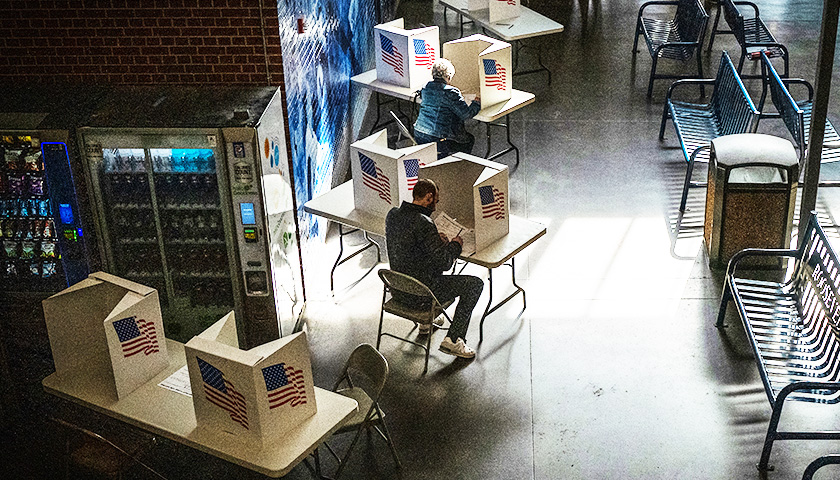by Anthony Gockowski
There is little evidence to support the claims of ranked choice voting (RCV) advocates, according to a new report from the University of Minnesota.
Professor Larry Jacobs and PhD candidate Penny Thomas with the Humphrey School of Public Affairs said they have “carefully reviewed the track record” of RCV and it “fails to support four of the advocates’ promises for improvements over today’s system.”
They reviewed four claims in particular: that RCV will reduce polarization, increase the diversity of elected officials, increase engagement of voters of color, and decrease negative campaigning.
There is “little research” to support most of these claims, Jacobs and Thomas said in their review. In some cases, research suggests the opposite is true.
“A particularly sophisticated analysis found that RCV actually increased animosity among Democrats and Republicans compared to our current system,” they said.
A Democratic bill to bring RCV to Minnesota’s statewide elections is moving through the committee process. Gov. Tim Walz has endorsed ranked choice voting despite a previous promise to only sign bipartisan election reforms.
Secretary of State Steve Simon told a House committee earlier this month that Minnesota “is not yet ready for statewide ranked-choice voting.”
Senate Republicans said they plan to introduce an amendment to delete all RCV provisions from that chamber’s elections omnibus bill, which was scheduled to be heard in an elections committee Thursday afternoon. The meeting was canceled at the last minute.
“Our election system has worked for generations ensuring every vote cast for a candidate is included in the final vote in a simple and fair counting of the ballots,” said Sen. Mark Koran, R-North Branch.
“Ranked choice voting removes the assurance and transparency we have come to expect from our elections. Valid ballots may cease to be counted based on who they voted for during the various cycles of counting, and that’s not fair to those voters,” he added. “Recent elections by RCV in Minnesota haven’t really changed candidate quality or reduced negative campaigning like the advocates say it would. Lastly, RCV is more likely to provide a winner who earned less than a majority of votes, and everybody’s third choice may not be the best choice.”
Read the full report here.
– – –
Anthony Gockowski is Editor-in-Chief of Alpha News. He previously worked as an editor for The Minnesota Sun and Campus Reform, and reported for The Daily Caller.
Photo “Election Day 2022” by Phil Roeder. CC BY 2.0.




